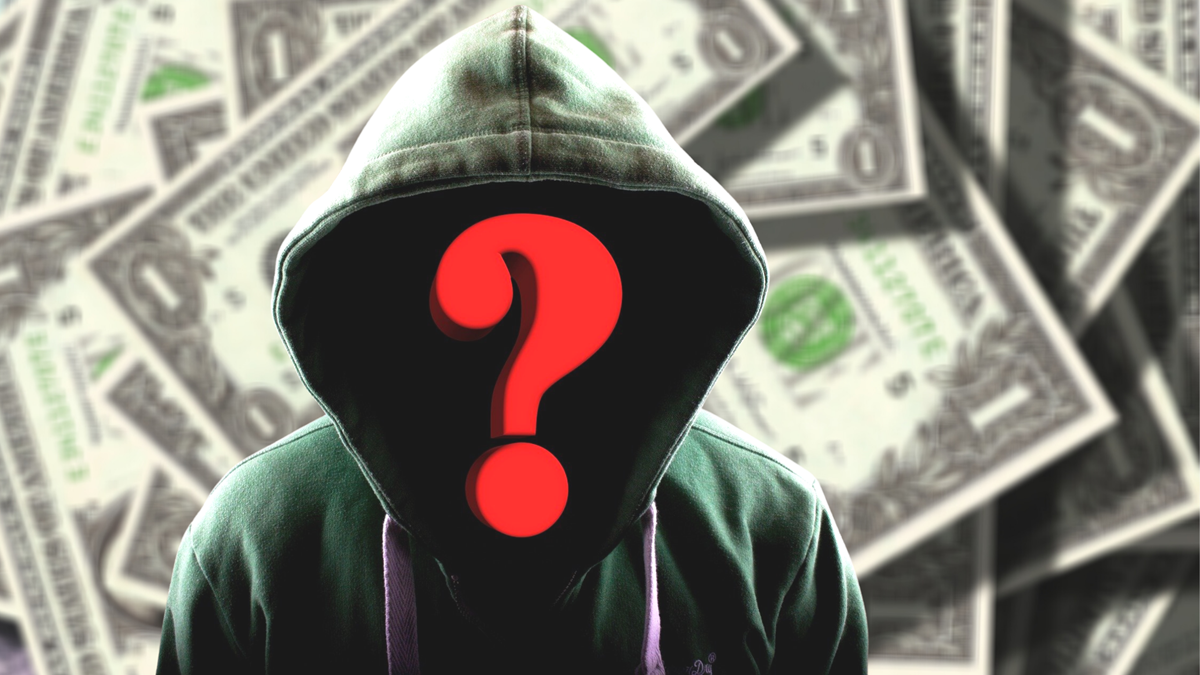We’ve all heard the apocryphal quote attributed to Albert Einstein: “Insanity is doing the same thing over and over again and expecting different results.” Einstein might not have actually said it, but the quip nonetheless describes what Congress is doing right now with COVID-19 stimulus efforts to a T.
Remember that the $900 billion behemoth bill legislators just passed is actually their second major “stimulus” effort. The new spending bonanza comes as a follow-up to the $2 trillion CARES Act Washington passed in March — yet it hasn’t fixed any of the first bill’s glaring problems.
The CARES Act sent 1 million stimulus checks to dead people and untold thousands more to random European citizens. So, too, its uber-expanded welfare system lost more to unemployment fraud than the entire unemployment system paid out in 2019. And while many conservatives misguidedly view the Paycheck Protection Program as the saving grace of the CARES Act, the grant program ostensibly intended to help small businesses stay afloat was also rife with fraud and co-opted by big, wealthy corporations.
Of course, Congress decided to fix essentially none of this in the new bill.
“The new Covid-19 relief plan for small businesses that President Trump signed this week doesn’t address some weaknesses in the original stimulus legislation that allowed companies with checkered histories to get billions of dollars in payments,” the Wall Street Journal reports.
“Nearly 1,500 companies that received about $2 billion in PPP loans have faced allegations of violating government regulations or of criminal conduct,” it continues. “Another 432 firms laid off workers after getting approved for nearly $1 billion in loans.”
The federal government was “swamped with reports of potential fraud” under the original program because it essentially used the honor system to dole out hundreds of billions in taxpayer funds. There was little in the way of vetting, and companies could just say that they qualified for the funding. “The original PPP program skipped the typical lender due-diligence to speed money to struggling businesses,” the report summarizes.
Unsurprisingly, this meant that tens of thousands of ineligible companies received loans and tens of thousands more were overpaid. And taxpayers paid for it!
Apparently, Congress doesn’t care that billions of taxpayer dollars were so blatantly misused because legislators made little effort to rectify this problem in the new bill. They just dumped more taxpayer money into the existing program — fraud, flaws, and all. We’d be crazy to expect anything other than more fraud and abuse from this second effort.
This will understandably be infuriating for taxpayers. But it shouldn’t be surprising.
As economist Milton Friedman famously explained, government spending is inherently wasteful because it inevitably involves bureaucrats spending other peoples’ money on other people. It’s natural, however maddening, that politicians would take far less care with the money than you or I would if we were spending our own money.
Thus, the glaring fraud that’s sure to plague the second stimulus effort isn’t a one-off problem — it’s inherent to big government interventions by their very nature. So, if we expect Congress to do anything else next time, well, then maybe we’re the insane ones.
This article has been republished with permission from the Washington Examiner.

